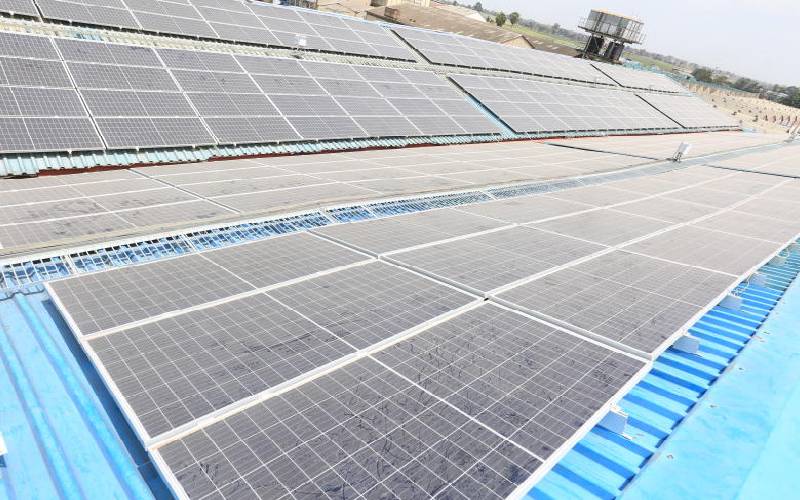×
The Standard e-Paper
Home To Bold Columnists

Solar panels on the roof of Ashut company building at Nairobi's industrial area. [File, Standard]
There has been a raging debate about the draft Energy (Solar Photovoltaic Systems) Regulations 2020 proposed by Energy and Petroleum Regulatory Authority which seek to streamline the manufacture, importation, installation and maintenance of solar components and systems.






